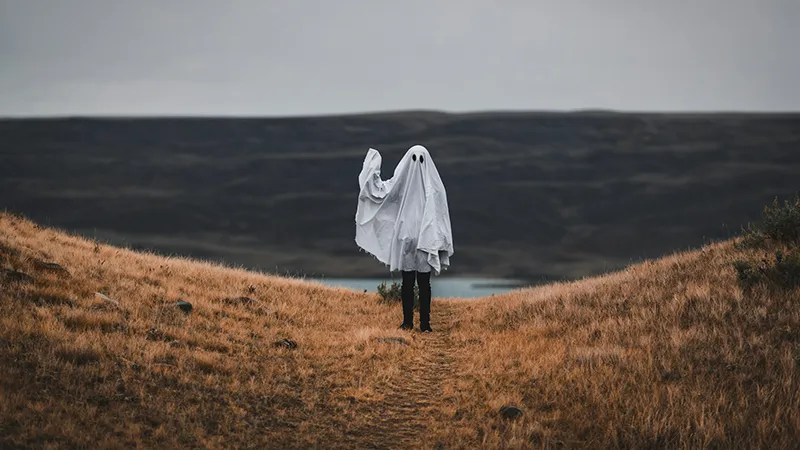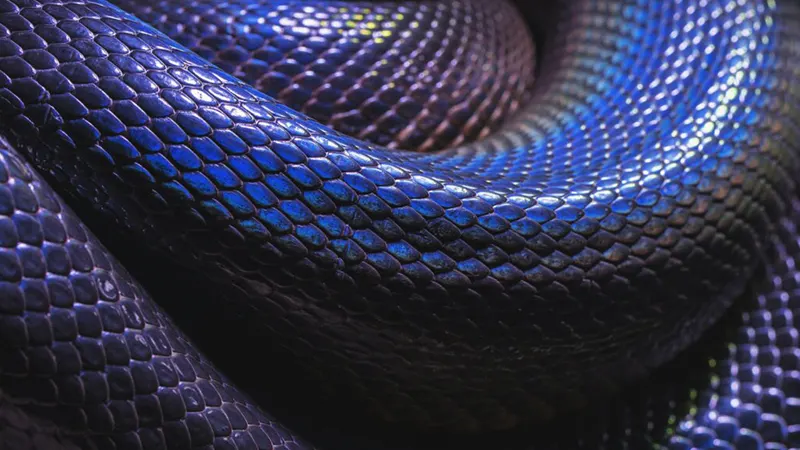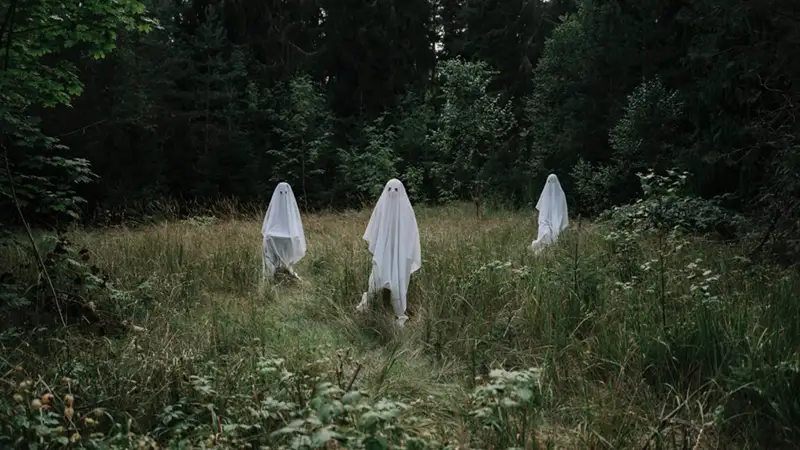Welcome to consumerrewards.co.za (the Website). All references to ConsumerRewards, we, us shall refer exclusively to consumerrewards.co.za as defined in section 4 hereafter.
We are committed to protecting your privacy and provide this Privacy Policy to outline our practices and procedures with respect to information collection and use to enable you to make an informed decision about sharing information with us. consumerrewards.co.za is a performance marketing solution provider, and we may deliver and/or work with advertisements delivered to the websites you visit or via other marketing channels. You may interact with our advertisers, view advertiser landing pages, engage with us through our online systems or be redirected through our links to advertisers' websites.
Privacy Policy
This privacy policy applies to all the web pages related to the Website. Information gathered through details submitted to the online forms on the Website will not be used for anything other than that which is stated in these Terms & Conditions. Such gathered personal information may be re-used and stored by Us for a reasonable period and in order for the completion of any of our related services, including inter alia any marketing and advertising of products by Ourselves.
The Website may collect certain information about your visit, including but not limited to the name of the Internet service provider and the Internet Protocol (IP) address through which you access the Internet; the date and time you access the Website; the pages that you access while at the Website and the Internet address of the website that linked you directly to the Website. This information is used amongst other things to help improve the Website, analyse trends, and administer the Website. If you have any questions or concerns about our privacy policy, please send us an E-mail to [email protected].
Through your use of the Website, you signify your acceptance of our Privacy Policy. Should you not agree to this policy, please do not continue to use the Website. Your continued use of the Website following the posting of changes to these Terms and Conditions (including but not limited to changes to the Privacy Policy) will be deemed as your acceptance of those changes.
By submitting your contact information to consumerrewards.co.za you provide your consent to allow us to communicate with you. The form of communication may include, but are not limited to, electronic mail; mobile communications (SMS); and telephone calls.
Should you provide us with personally identifiable information through the use of our website, information you have provided will not be shared with any third-parties except with your express consent. Should you wish to unsubscribe from our services please send an e-mail [email protected].
Children™s Privacy
consumerrewards.co.za is very sensitive to the issue of the privacy rights of children. Our Websites and services generally are neither developed for, nor directed at, children.
Information Shared by consumerrewards.co.za
ConsumerRewards.co.za will only share your Information for the limited purposes provided for in this Privacy Policy. This may include sharing Information (1) to enable third party service providers to assist or facilitate in the services we provide to our clients; (2) to comply with applicable laws and regulations or to respond to a subpoena, search warrant or other lawful request for information received by us, whether or not a response is required by applicable law; (3) to enforce our terms of use and other agreements or to protect our rights; (4) to protect the safety of members of the public and users of the service; (5) with third party marketing partners (including advertisers and publishers) for marketing purposes; (6) with vendors, administrative service providers, technology providers, and carefully selected partners for data validation, enhancement, information verification and suppression services; or (7) for any other purpose for which you provide consent.
Cookie Tracking
Our Website and systems may use cookie and tracking technology from time to time depending on, but not limited to, the features offered. Cookie and tracking technology are useful for gathering information such as browser type and operating system, tracking the number of visitors to the Website, and understanding how visitors use the Website. Cookies can also help customize the Website for visitors. Personal information cannot be collected via cookies and other tracking technology, unless and in the instance that you previously provided personally identifiable information, cookies may be tied to such information. By registering with Us, You therefore provide Your consent to share such information with third parties.
Third Party Links
As a performance based solutions provider we provide links to other websites or resources. You acknowledge and agree that We are not responsible for the availability of such external sites or resources, and further accept that We do not endorse and are not responsible or liable in anyway whatsoever, directly or indirectly, for the privacy practices or the content (including misrepresentative or defamatory content) of such websites, including but without limitation to, any advertising, products or other materials or services on or available from such websites or resources, nor for any damage, loss or offense caused or alleged to be caused by, or in connection with, the use of or reliance on any such content, goods or services available on such external sites or resources. You should check the applicable privacy policies of these third parties to determine how they handle any information they receive.
Monitoring
We employ appropriate measures to ensure the security of all Information, and we routinely evaluate our practices to identify security threats or opportunities for the improvement of our services. No transmission of information is guaranteed to be completely secure. Unauthorized entry or use, hardware or software failure, and other factors may compromise data security. You acknowledge and agree to assume this risk when communicating with us.
Law
The Terms and Conditions will be exclusively governed by and construed in accordance with the laws of South Africa whose Courts will have exclusive jurisdiction in any dispute.
Electronic Communications
When you visit the Website or send e-mails to Us, You are communicating with Us electronically. Your Use of the Website shall be deemed your consent to receive communications from Us electronically which will allow Us to communicate with you via e-mail or by posting notices on the Website. You agree that all agreements, notices, disclosures and other communications that We provide to you electronically, satisfy any and all legal requirement that such communications be in writing.
About Us
| Enquiries: [email protected] |
| 1. Official Company Name: | OfferForge (Pty) Ltd |
| 2. Company Website address and e-mail contact address: | http://www.consumerrwards.co.za
[email protected] |
| 3. Membership of any regulatory or accreditation bodies. | DMA |
| 4.Code of Conduct: | DMA |













Comments
No comments yet. Be the first to comment!
Leave a Comment